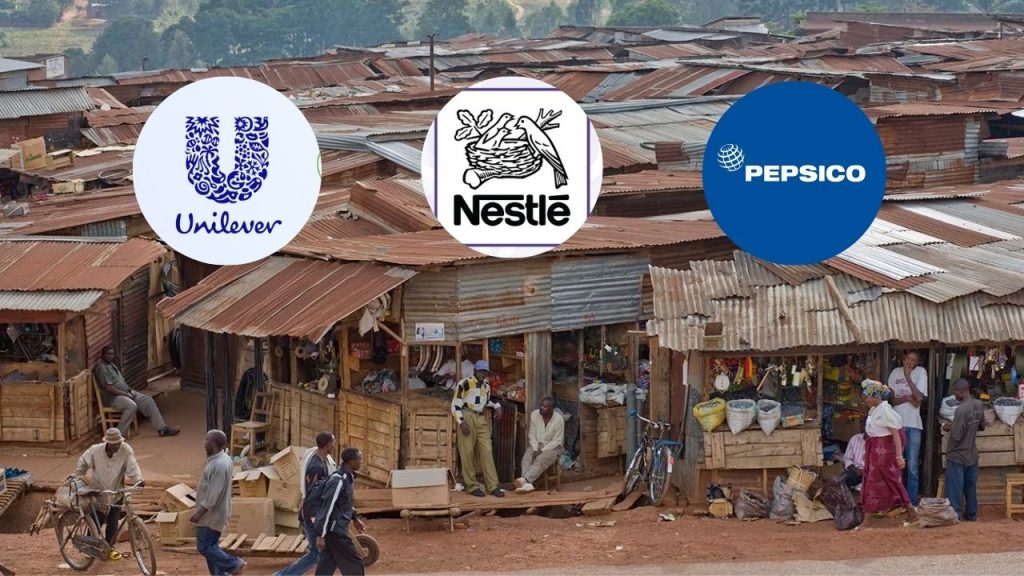Global food giants offer healthier options in wealthy nations but sell less nutritious products in lower-income countries, a recent report reveals.
Report alleges Nestle, Pepsico, Unilever to dump items in poorer countries
According to Reuters, a recent report from the Access to Nutrition Initiative (ATNI) evaluated products from companies like Nestle, Pepsico, and Unilever. It found that, among 30 companies, products sold in low-income countries were less healthy, scoring lower on a rating system from Australia and New Zealand, compared to those sold in high-income countries. This is ATNI’s first report since 2021.
Continue Exploring: Day 2: Swiggy’s IPO continues to receive lukewarm response with only 35% subscription
Notably, the Health Star Rating system reveals a concerning disparity in the nutritional quality of products sold by multinational food companies. In low-income countries, their products received a dismal rating of 1.8 out of 5, whereas in high-income countries, the rating was 2.3. This difference highlights the unequal access to healthy food options, with poorer countries facing limited availability of nutritious products.
While talking to Reuters, Mark Wijne, research director at ATNI said, “It’s a very clear picture that what these companies are selling in the poorest countries in the world, where they are more and more active, are not their healthier products.” He added, “It’s a wake-up call for governments in these countries to be vigilant.”
70% of Global Obesity in Low and Middle-Income Countries: World Bank
This is the first time the index has assessed low and high-income countries separately. ATNI stated the index is crucial because packaged foods contribute to the global obesity crisis. According to the World Health Organization, over one billion people worldwide are obese. The World Bank estimates that 70% of overweight or obese people live in low-and-middle-income countries.
Continue Exploring: ED raids sellers linked to e-commerce giants Amazon and Flipkart
Meanwhile, Nestle released a statement saying, “We have committed to grow our sales of more nutritious foods, as well as guiding people towards more balanced diets.” The spokesperson added that Nestle also fortifies products to help close nutrient gaps in developing countries.
Regarding the report, Pepsico chose to not speak yet. Last year, the company set new goals to lower sodium in its potato chips and add ingredients like whole grains to its foods.
Furthermore, Isabelle Esser, Danone‘s chief research, quality, and food safety officer, said, “We acknowledge that there is always more to do, both at a business and industry level.” Danone was the top performer in the index.
